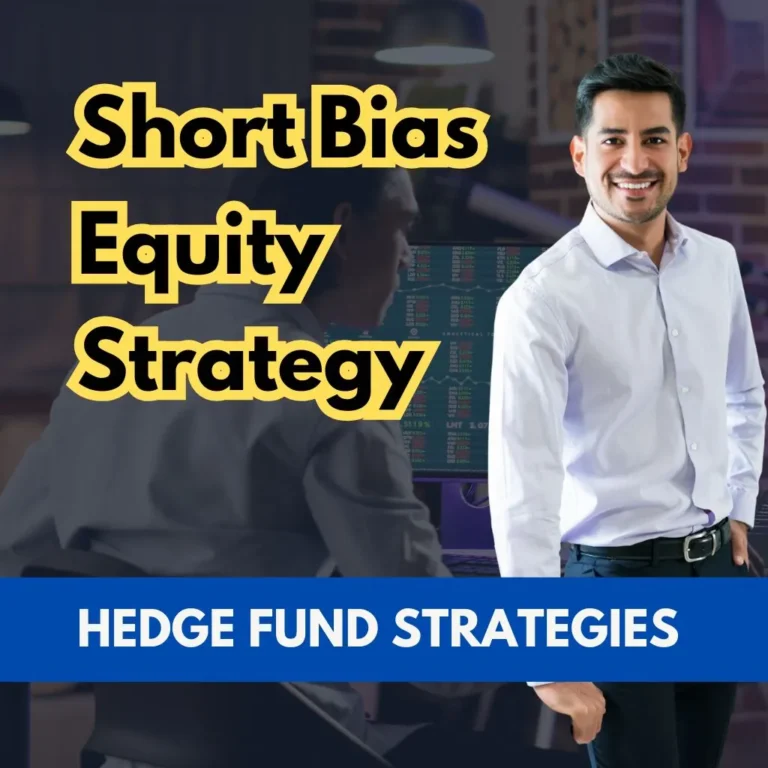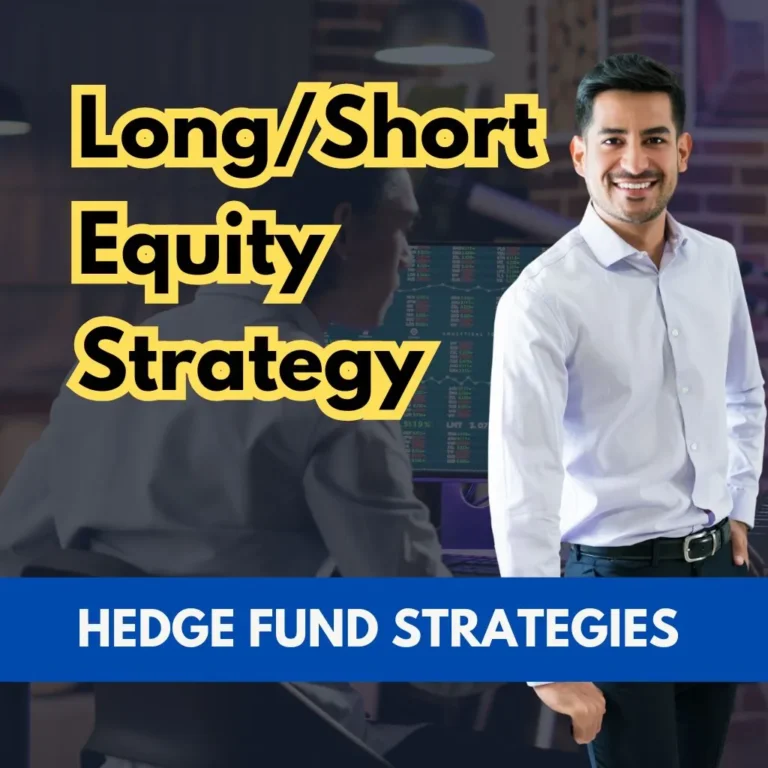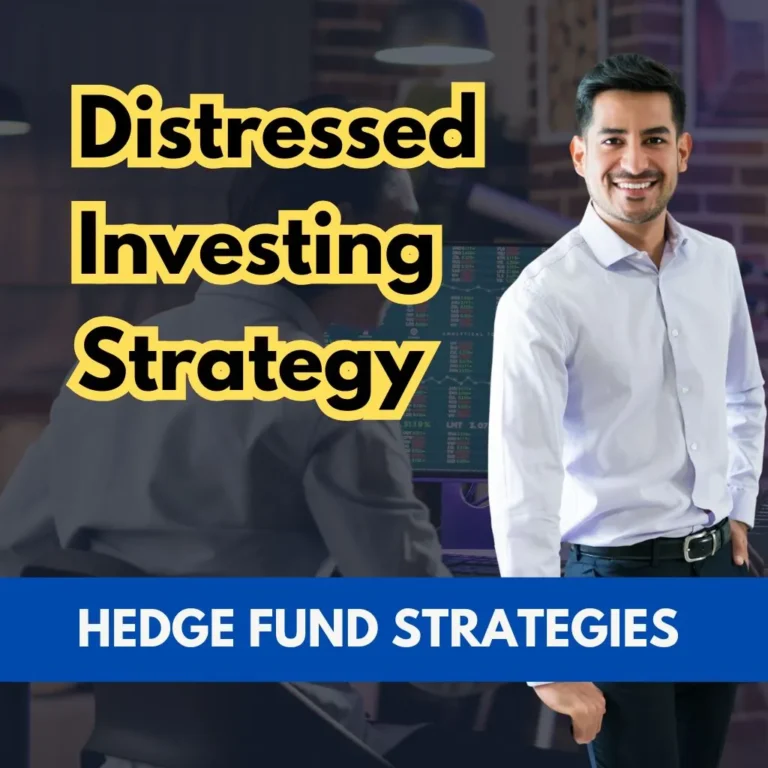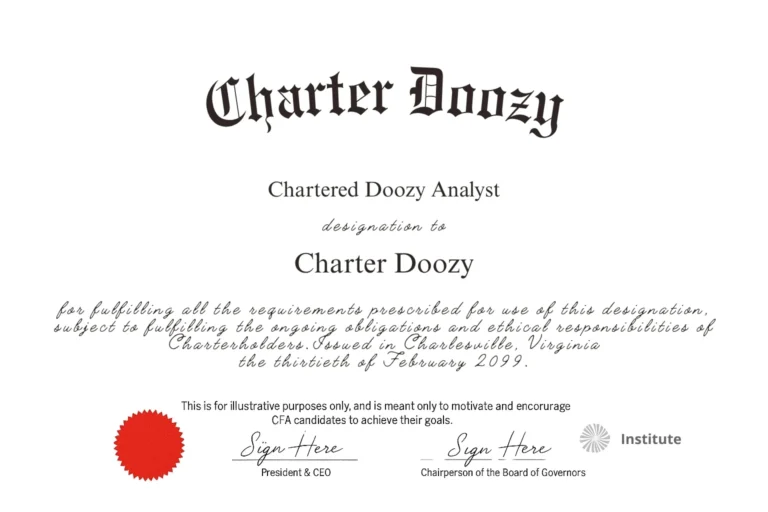The short bias strategy is a specialized hedge fund approach that focuses on profiting from falling stock prices.
While most equity strategies seek to benefit from market growth, a short-biased fund takes a contrarian stance by targeting companies whose shares it expects to decline.
These funds are distinguished by their consistent net short exposure… meaning they typically hold more short positions than long ones, or in some cases, avoid long exposure altogether.
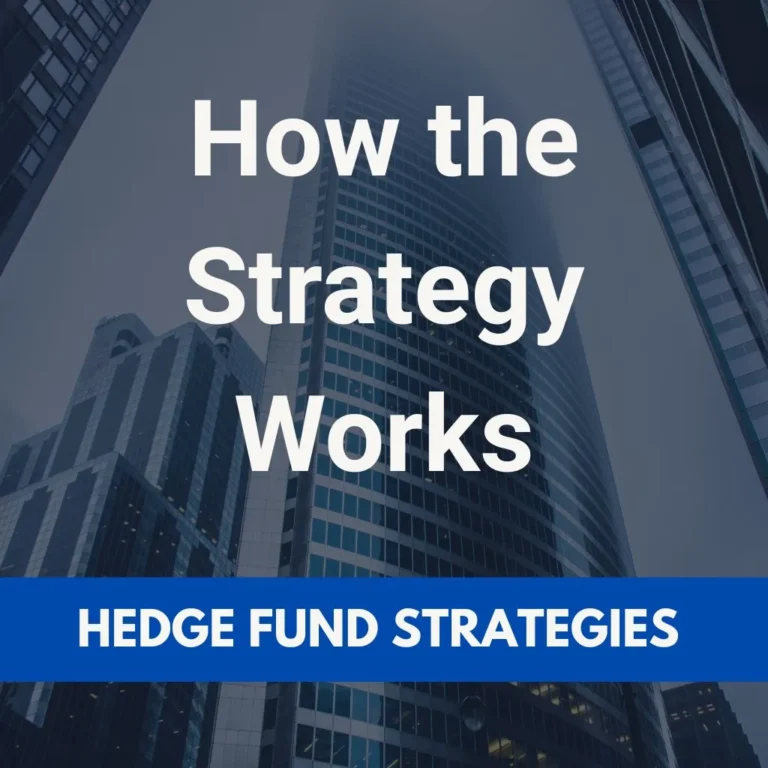
How the Strategy Works
A short-biased manager identifies stocks they believe are overvalued, fundamentally unsound, or vulnerable to negative developments. The fund then borrows these shares and sells them on the open market, aiming to repurchase them later at a lower price. The difference between the sale and repurchase prices represents the profit.
This process, known as short selling, requires the manager to be highly skilled in identifying weak business models, accounting irregularities, or market bubbles.
Unlike balanced long/short equity funds that hedge market exposure with both types of positions, short bias funds lean heavily toward the short side. Their central premise is that certain securities, sectors, or even the market as a whole are overpriced and likely to correct downward.
The success of these funds depends heavily on research-driven conviction and a rigorous due diligence process.
Examples Trades
Short bias strategies take many forms in practice. A manager might short a so-called “meme stock” that has surged in price due to retail investor hype but lacks earnings, strong fundamentals, or a sustainable business model.
In another example, the manager might investigate and short a company showing signs of accounting fraud or financial manipulation. There are also more structural trades, such as shorting brick-and-mortar retail chains amid growing e-commerce disruption, or targeting firms with excessive debt as interest rates rise.
Geopolitical events also offer opportunities. During periods of sanctions or conflict, such as the war in Ukraine, managers might short Russian equities, anticipating a collapse in investor confidence or access to capital markets.
These trades are often high conviction and require the manager to anticipate not only deteriorating fundamentals but also timing market sentiment.
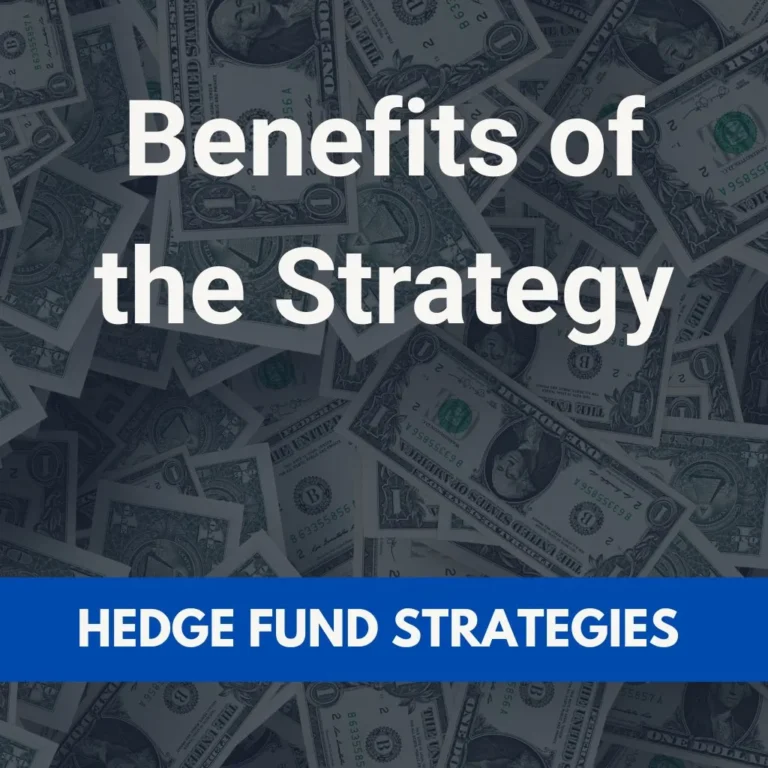
Benefits of the Strategy
Despite its challenges, the short bias strategy offers unique benefits to investors. It performs best during market downturns, corrections, or crises, when equity values broadly decline.
In such environments, short-biased funds can serve as effective portfolio hedges or standalone vehicles for contrarian returns. These funds also serve a valuable role in the financial ecosystem by exposing fraud and speculative excesses, often acting as watchdogs in overheated markets.
Their research and public disclosures have, in several cases, triggered regulatory scrutiny and helped prevent broader investor losses.
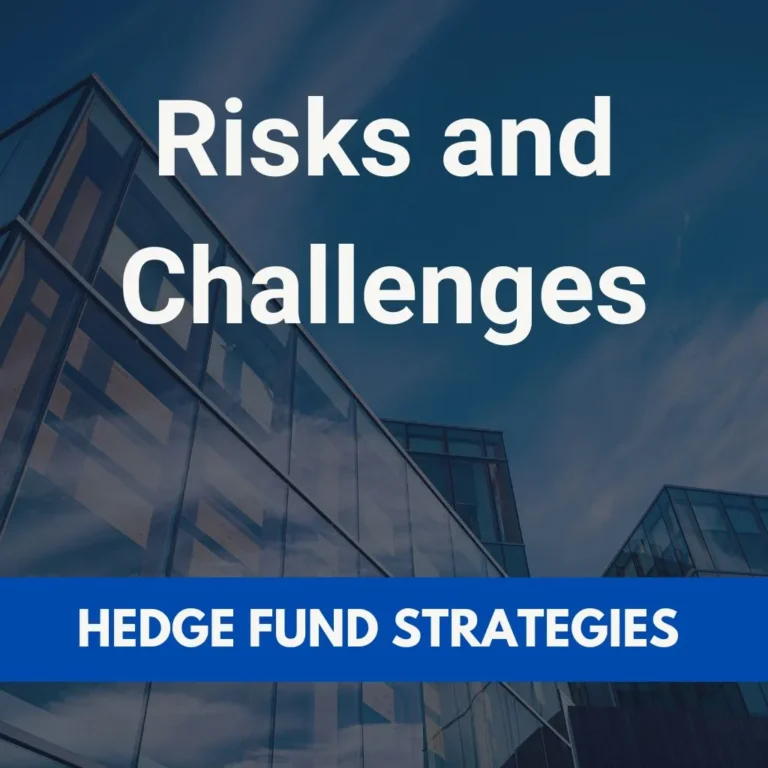
Risks and Challenges
However, the short bias strategy is not without significant risks. Perhaps the most critical challenge is that equity markets tend to rise over the long term.
This upward bias means that short-biased strategies face structural headwinds, particularly during bull markets. Losses from shorting are also asymmetric. While a stock can only fall to zero, it can theoretically rise without limit, exposing short sellers to unlimited losses.
This creates the potential for “short squeezes,” where rising prices force managers to cover their positions at a loss, often accelerating the stock’s price surge.
Timing is another major difficulty. Even if a manager correctly identifies a weak company, markets can remain irrational longer than the fund can remain solvent.
Misjudging when a catalyst will occur—such as earnings disappointments, regulatory intervention, or fraud exposure—can result in significant losses.
These structural risks make short bias strategies rare. Most hedge funds incorporate short selling as a hedging tool within a broader portfolio, but very few commit to being persistently net short.
The few that do typically cater to institutional investors looking for specialized downside protection or exposure to idiosyncratic risk uncorrelated with long equity strategies.
Interested in Learning About Other Hedge Fund Strategies?
Notable Funds and Historical Impact
Some of the most well-known short-biased funds include Kynikos Associates, founded by Jim Chanos, which famously shorted Enron before its collapse. Muddy Waters Research and Hindenburg Research have also gained prominence for exposing fraud and misleading practices at several high-profile companies.
These firms often publish detailed reports outlining their short theses, bringing transparency and accountability to corners of the market that may otherwise escape scrutiny.
Final Thoughts
The short bias hedge fund strategy occupies a small but important niche in the investment landscape. It is intellectually demanding, operationally risky, and counter to the prevailing market trend.
Yet when executed with discipline, deep research, and a contrarian mindset, it can offer powerful returns during periods of market distress and play a critical role in identifying and correcting overvalued or fraudulent securities.
For sophisticated investors with a tolerance for risk and volatility, short bias funds can provide meaningful diversification and downside protection when markets falter.
